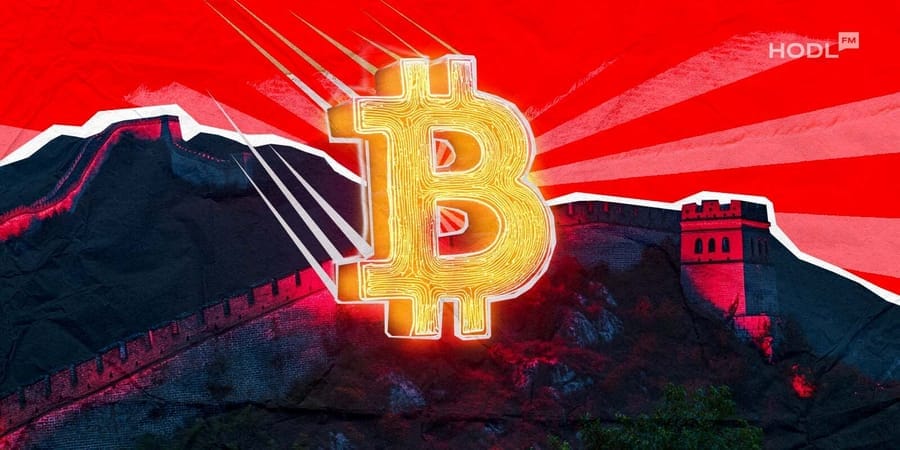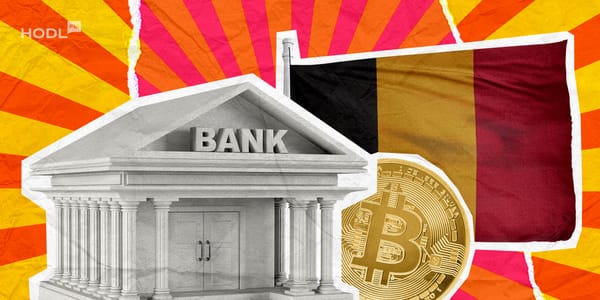On July 9, the Beijing Internet Finance Industry Association (BIFA) took a firm stance, telling retail investors to steer clear of suspicious “crypto opportunities” that smell more like old-school pyramid schemes. They’ve spotted promoters rebranding their shady plans with buzzwords like “stablecoin wealth plans” and “Web 3.0 dividends,” all promising “guaranteed” returns. Yeah, right.
BIFA didn’t hold back in its warning. They listed five unmistakable signs of a scam: no licence, excessive technical jargon that just confuses, false guarantees, new deposits being used to pay old investors, and a direct path to fraud or money laundering. Classic Ponzi.

So, what’s BIFA’s advice? Simple, always check a firm’s licence through national regulators. If something sounds too good to be true (high returns with low risk), it probably is. And in case you're wondering, China’s Regulation on the Prevention and Disposition of Illegal Fundraising also makes sure investors can be held accountable for any losses. So, think twice.
BIFA’s statement was a hefty 1,500 characters long and was shared on their verified WeChat channel for those curious to dig into the fine print.
Fraud that keeps on giving
Remember the infamous PlusToken scam from 2019? The one where 200,000 BTCand 9 million ETH vanished into thin air? At 2020 prices, that’s over $4 billion of crypto caught up in one of the biggest Ponzi schemes to date. And if you think those scammers didn’t learn how to hide their tracks, think again. They hopped coins across exchanges and mixers, forcing regulators to chase them for years.
The loophole they’re still exploiting
While China banned direct crypto-to-fiat exchanges in 2021, interest in crypto hasn’t died down. People are still finding ways to trade via offshore platforms and grey-market exchanges. So much for those regulations, huh?
This year alone, cities like Beijing, Shanghai, and Shenzhen have released multiple warnings about token scams. Looks like the fight against crypto fraud is far from over.
What sparked this warning?
Retail speculation is picking up speed, especially on Chinese social platforms. A so-called “stablecoin concept” stock index has risen by 88% since April, with eyes now on Hong Kong’s new stablecoin regulations coming into play on August 1. As big tech firms explore renminbi-pegged tokens, scams are following right behind.
And, for the cherry on top, some local blogs have started hyping up “USDT mining pools” and “insured CNH stablecoins,” making regulators gear up for a crackdown.
BIFA is serious about this, ending its statement with a call to action. If you spot anything fishy, don’t just sit there. Report it to the police or financial supervisors. And for all the whistleblowers out there, BIFA says they’ll pass on credible tips to provincial task forces hunting down these rogue operations.

Disclaimer: All materials on this site are for informational purposes only. None of the material should be interpreted as investment advice. Please note that despite the nature of much of the material created and hosted on this website, HODL FM is not a financial reference resource, and the opinions of authors and other contributors are their own and should not be taken as financial advice. If you require advice. HODL FM strongly recommends contacting a qualified industry professional.





